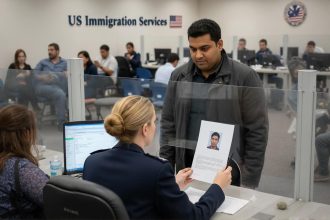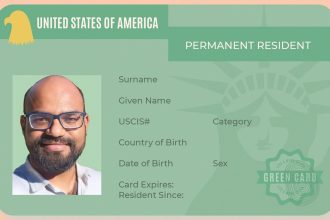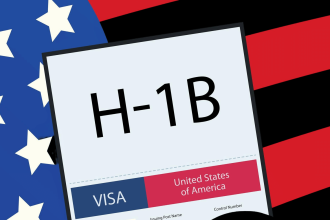The US Citizenship and Immigration Services (USCIS), is up with a surprise for legal permanent residents awaiting their naturalization sooner or later. The USCIS policy manual on good moral character has recently been updated with a set of new guidelines requiring legal permanent residents to safeguard their moral character from the “unlawful” acts that may lower their chances for naturalization. The latest update to the USCIS policy guidance on good moral character for US citizenship has not just expanded but also tightened the requirement.

Previously, the USCIS policy manual for naturalization requirement did not dish out a complete overview of the unlawful acts, until December 13 this year. Under the Immigration and Nationality Act (INA), those waiting or applying for US citizenship must establish their good moral character (GMC). In the updated USCIS policy manual on good moral character, the INA identifies certain unlawful acts which include, but are not limited to, the following:
- Bail jumping
- Bank fraud
- Conspiracy to distribute a controlled substance
- Failure to file or pay taxes
- False claim to U.S. citizenship
- Falsification of records
- Forgery uttering
- Insurance fraud
- Obstruction of justice
- Sexual assault
- Social Security fraud
- Unlawful harassment
- Unlawful registration to vote
- Unlawful voting; and
- Violation of a U.S. embargo
The responsibility to prove that they have been law-abiding people of good moral character throughout the 5-year term of residency in the USA falls on those filing for naturalization. Not just that but also they must continue to have good moral character until they are inducted into the naturalization process that begins with the Oath of Allegiance. The statutory period for maintaining a good moral character profile is three years for applicants married to a US citizen, and only one year for those few applicants who qualify for the US military service.
In the naturalization policy manual on good moral character, USCIS has made it unambiguously clear that conviction of driving under the influence of alcohol in two or more cases will render an applicant ineligible for US citizenship.
Driven by its commitment to administer the immigration system fairly and lawfully, UCIS ensures to make fair evaluation of an applicant’s moral character and determine his or her eligibility for citizenship accordingly. Proper training is given to USCIS officials – adjudicators for good moral character – so that they can regulate the unlawful acts, both defined and undefined.
Also Check: Other Important News about US Citizenship
In the latest update to the USCIS policy guidance on good moral character for naturalization, the federal agency said that they would continue to do a case-by-case analysis in order to decide whether an act is unlawful and whether it affects one’s good moral character. Whether an unlawful act is committed under extenuating circumstances must be determined by USCIS officers.









